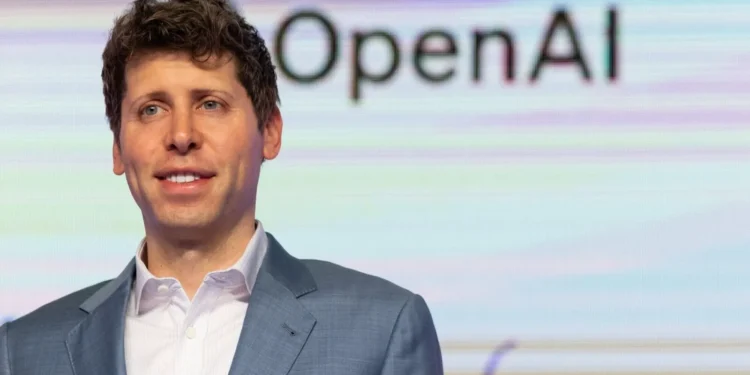In the eye of Silicon Valley’s storm stands OpenAI CEO Sam Altman, a figure who garners as much suspicion as admiration. Altman’s tenure as the leader of one of the most buzzworthy AI firms has been marked by bold claims, strategic pivots, and high-profile departures. This has led to a deepening distrust among sceptics who view him not just as a visionary but as the epitome of Silicon Valley hype.
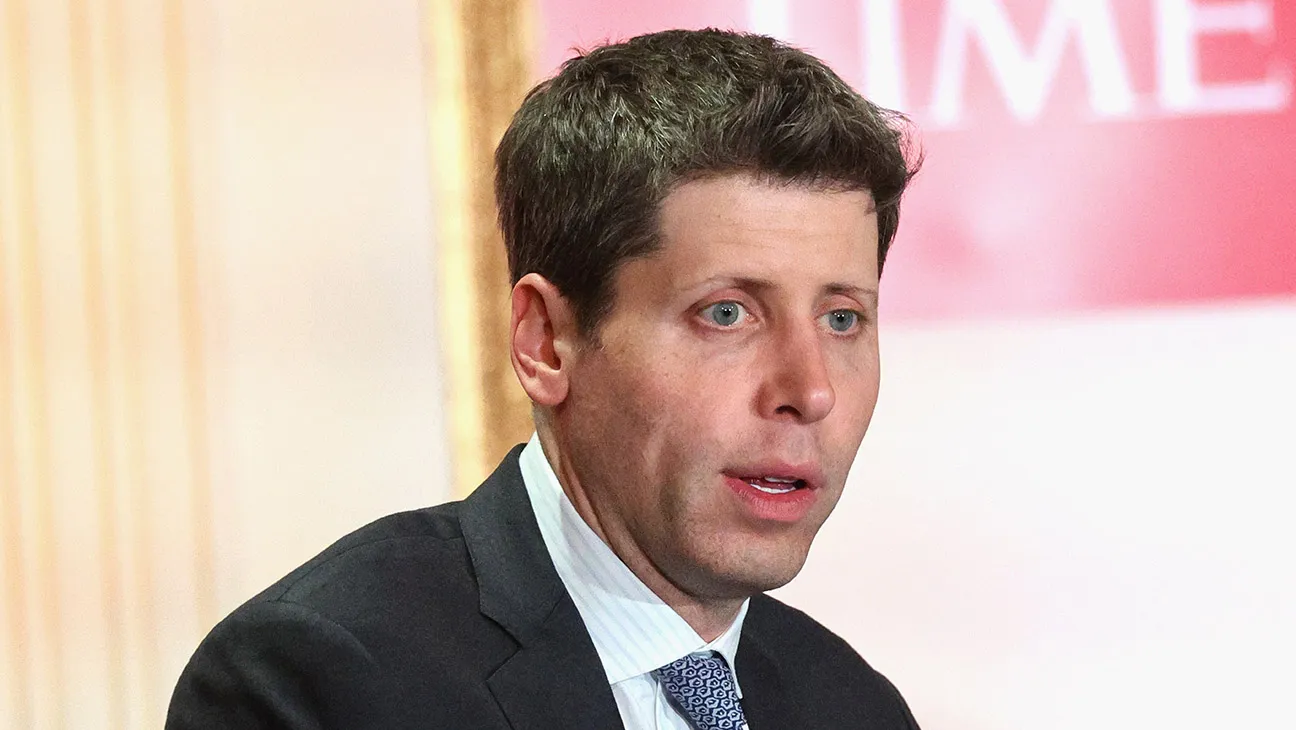
The Transformation of OpenAI
“I get paid enough for health insurance. I have no equity in OpenAI. I’m doing this because I love it.” This statement by Sam Altman during his Senate testimony highlights the unusual economic stance he initially took at OpenAI, which has now shifted markedly. From its inception as a nonprofit to its controversial transition to a for-profit entity, OpenAI under Altman’s stewardship has promised revolutionary advances in AI while fostering intense debates about the ethical implications of such technology.
Altman’s leadership style and decisions have not been without criticism. His assertion of a “median human” concept and the departures of key figures like Mira Murati, the former CTO, only fuel allegations of a toxic work culture presided over by what some call a “toxic bullshit artist.” These departures and the transformation of OpenAI’s business model raise questions about the purity of Altman’s intentions and the future direction of the company.
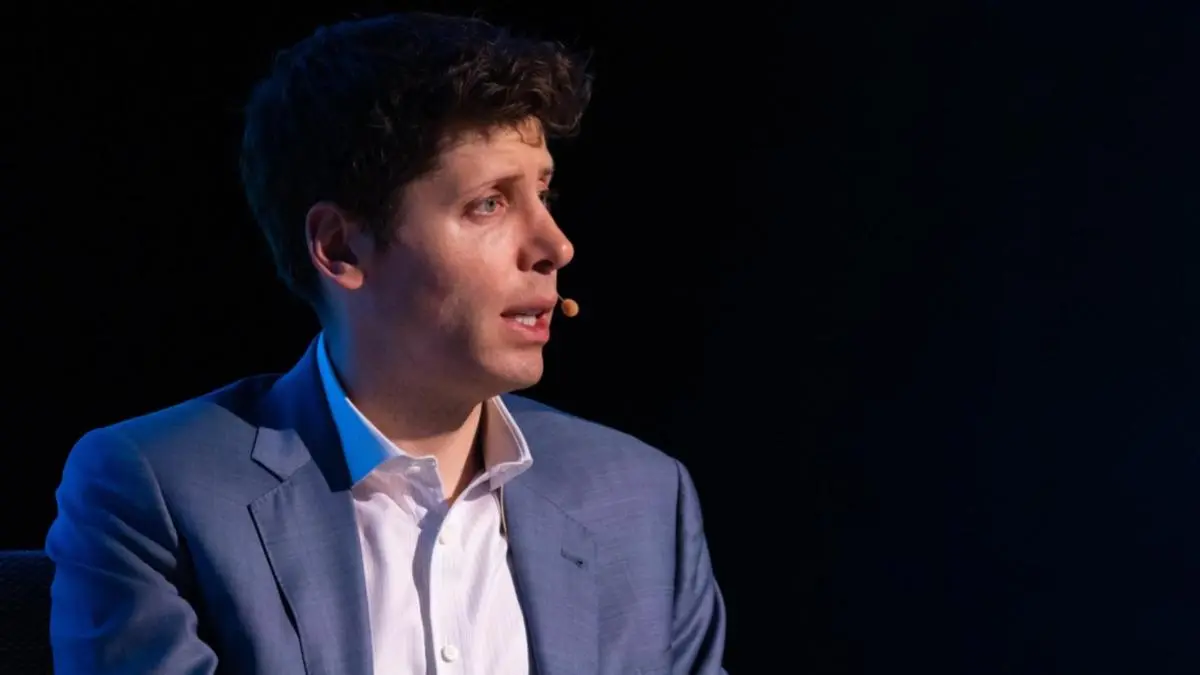
The Controversial AI Visionary
Altman’s claims about AI’s potential to end the world paradoxically coexist with his vision of it fostering great companies. This stark contradiction portrays him as a figure who is either a misunderstood genius or a master of overstatement. Described by some as the “Oppenheimer of our Age,” Altman is seen by others as a non-technical, yet shrewd entrepreneur who has managed to climb the ranks of Silicon Valley not through groundbreaking technical skills but through sheer audacity and strategic manoeuvring.
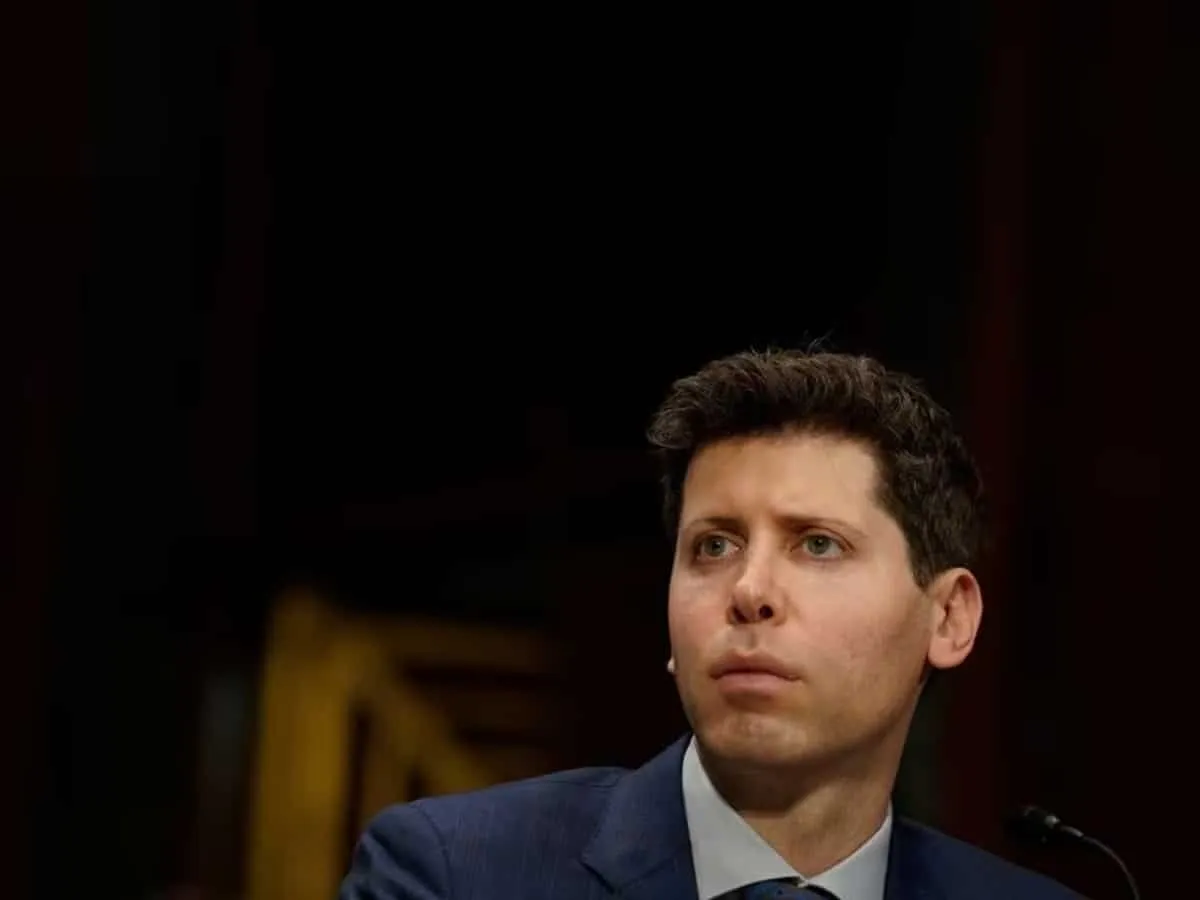
Industry Reactions and the Future of AI
The scepticism around Altman is echoed by industry leaders and academics alike. Computer scientist Grady Booch expressed his exhaustion with the AI hype, criticizing it for being detached from reality and inflating company valuations while distracting from genuine innovation. Similarly, Endeavor CEO Ari Emanuel starkly labelled Altman a “con man,” reflecting a growing disenchantment with how AI advancements are marketed versus their real-world applications. Despite the harsh critiques, the future of AI, particularly OpenAI’s role in it, remains a hot topic. The debates it sparks are indicative of the broader societal challenge of integrating powerful technological tools responsibly.
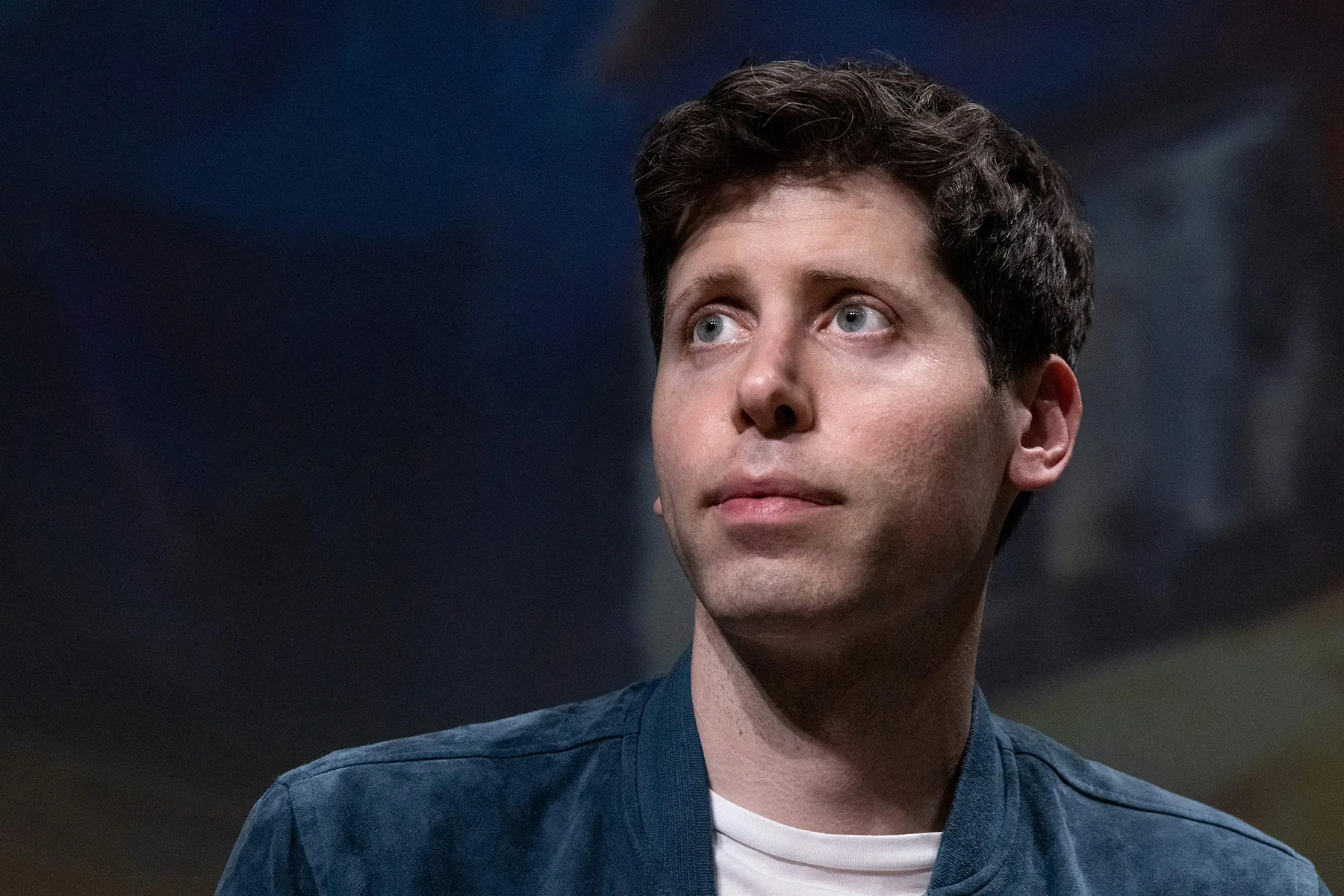
Sam Altman indeed appears as a Rorschach test for what people hope or fear from the future of technology. Whether one views him as a genuine trailblazer or a clever marketer, his impact on the AI industry is undeniable. As OpenAI continues to push the boundaries of what AI can achieve, the world watches closely, hopeful yet cautious about the promises laid out by Altman. Critics urge the public to look beyond the hype, advocating for a balanced view that considers both the potential benefits and pitfalls of such powerful technology.
As the narrative around Sam Altman and OpenAI unfolds, it serves as a critical case study on the intersection of technology, ethics, and power. What the future holds may hinge on the lessons learned from the controversies and achievements of today’s tech leaders.

